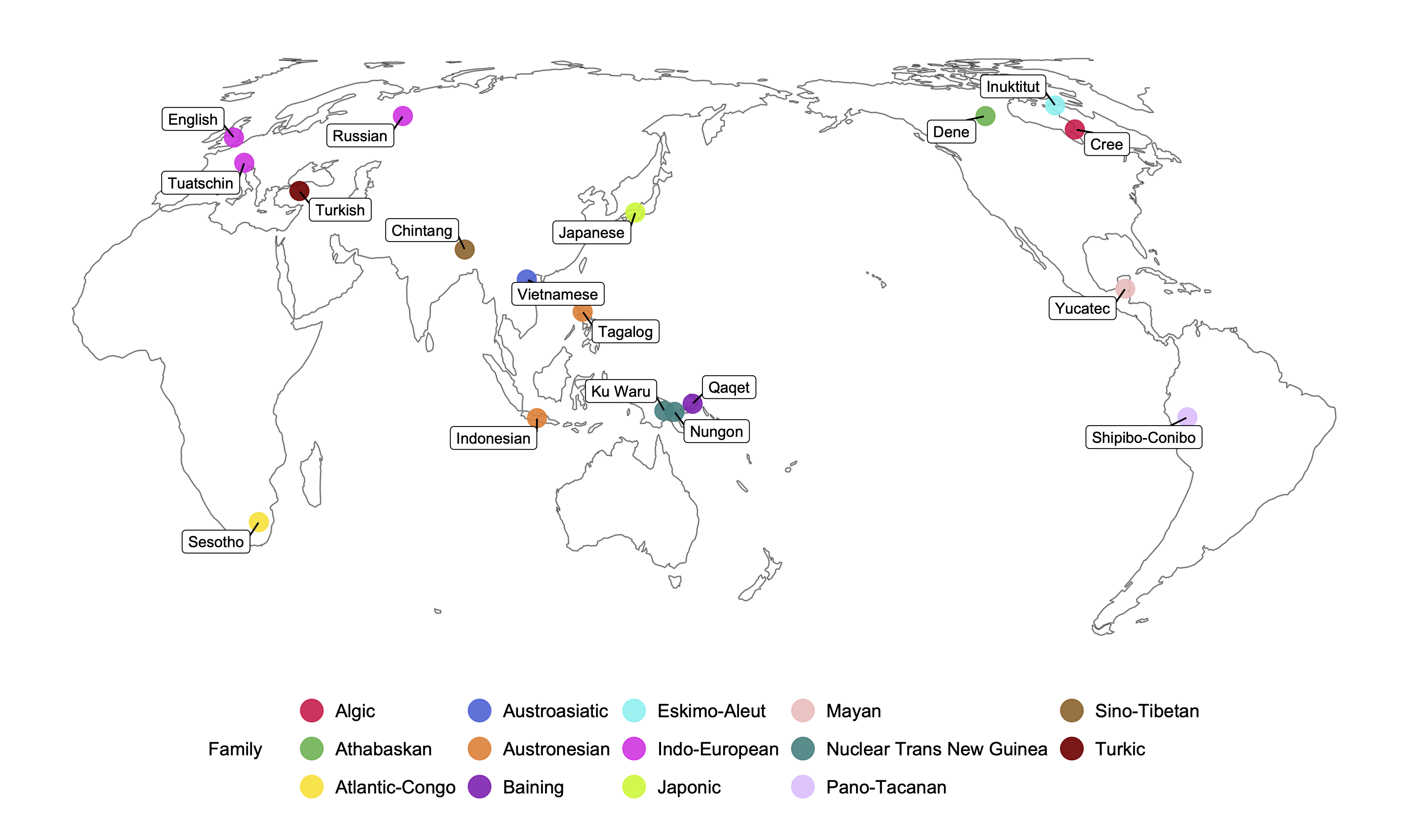Language, ACQuisition, DIVersity [ˈækdɪv] lab (ACQDIV)

Our research vision is to answer one of the most burning questions in cognitive science:
How do children learn language and what are the underlying mechanisms and structural features that enable them to do so?
In our research, we:
- Investigate how children flexibly learn vastly different languages
- Identify universal patterns and mechanisms across languages
- Explore cognitive abilities like pattern detection, abstraction, and generalization
- Usemaximum diversity approach to study languages from a wide range of cultural and social contexts